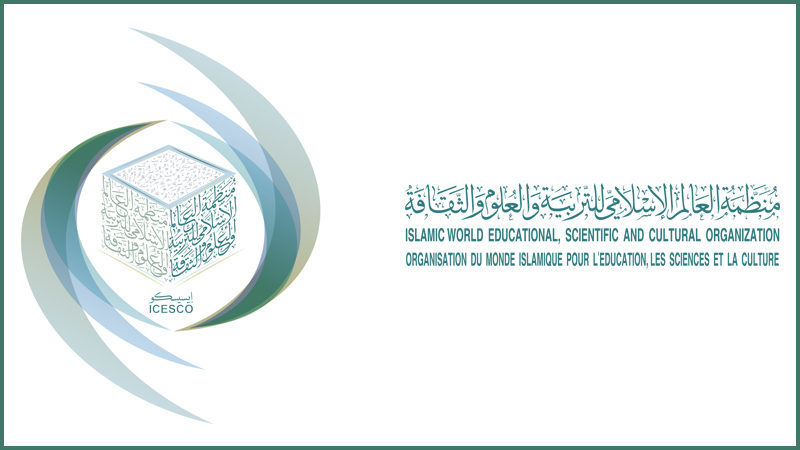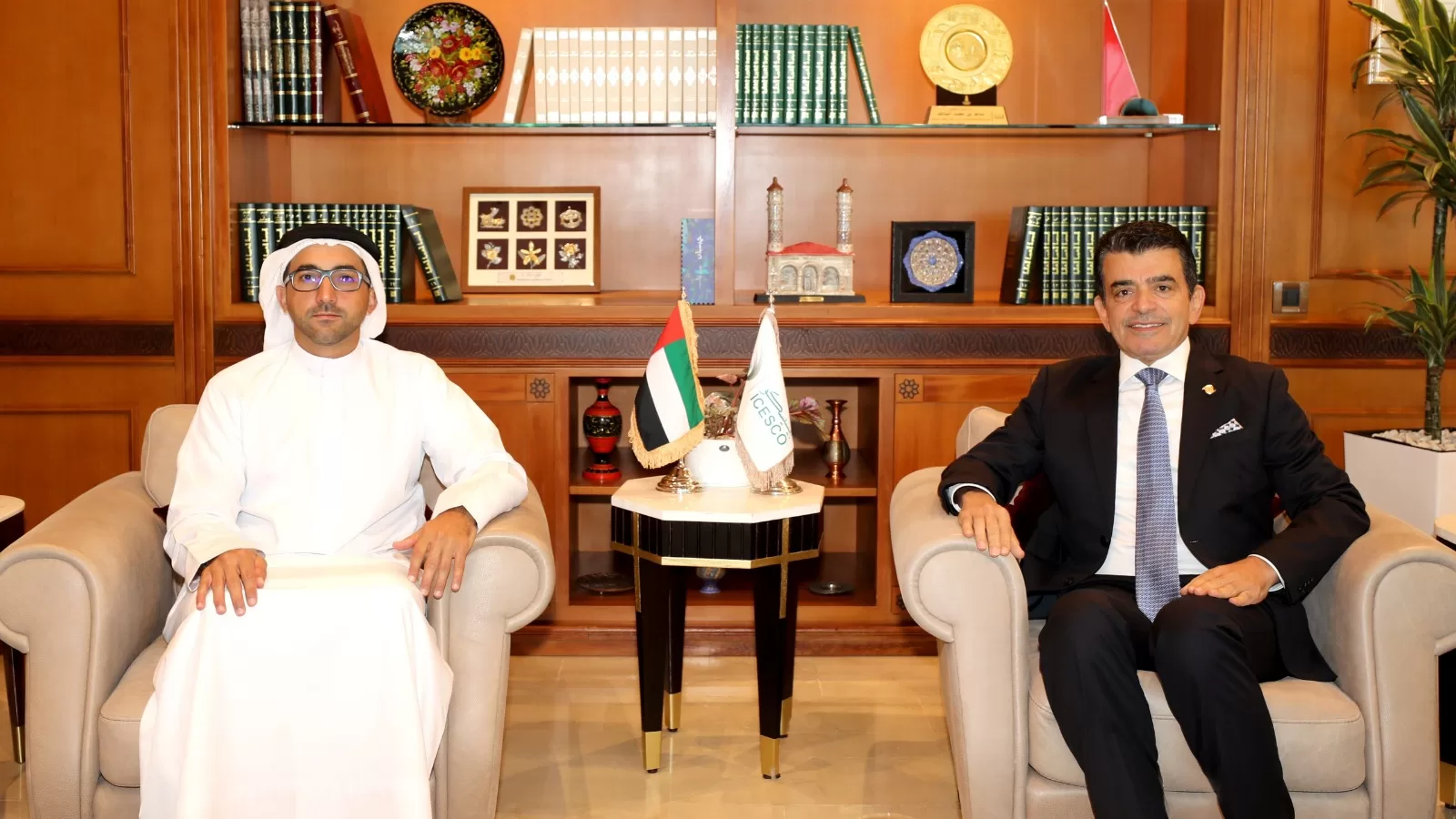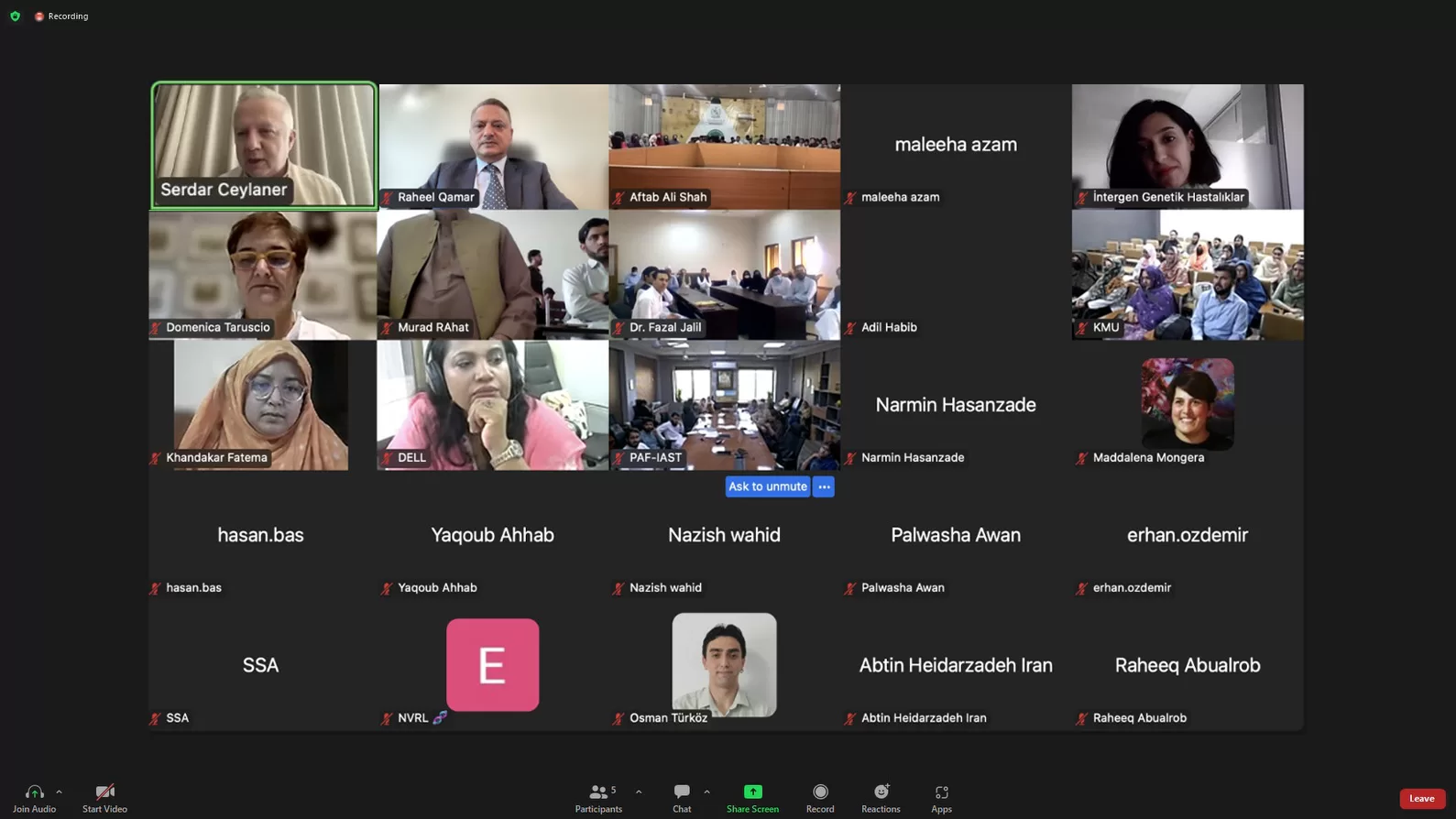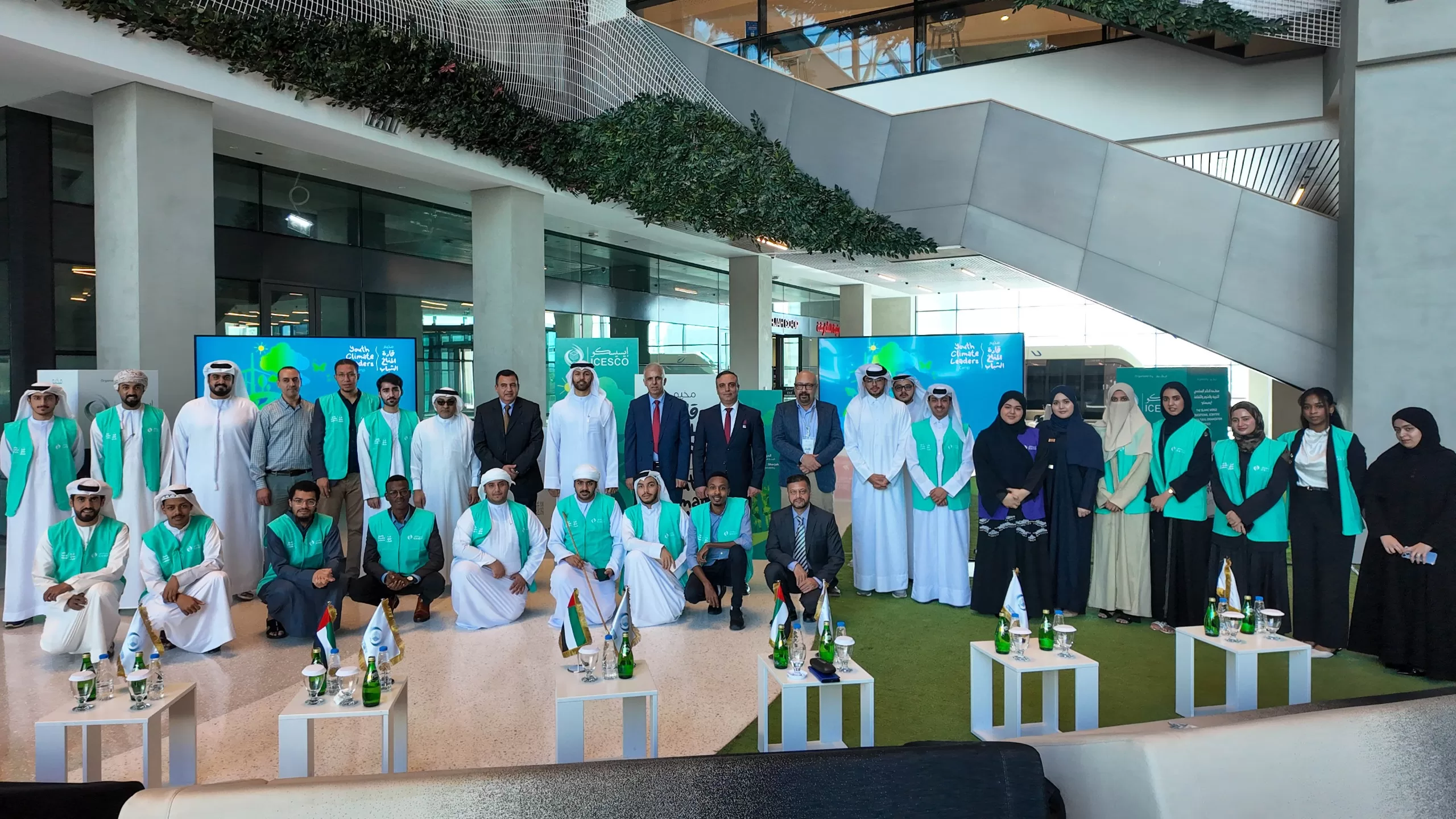
on the International Museum Day: ICESCO calls for expanding the use of modern technology and AI applications in museums

18 May 2020
On 18 May of each year, the world celebrates International Museum Day, which was proclaimed by the International Council of Museums (ICOM). This Day is an occasion for museum professionals to communicate with the general public to raise awareness of the importance of museums and their role in social development and cultural exchange among peoples. While more than 55,000 museums in about 150 countries took part in celebrating last year’s International Museum Day, the Day is however celebrated this year at a time when almost all museums around the world are closed as a result of the COVID-19 pandemic, in compliance with the strict lockdown measures. These measures imposed the cancellation or postponement of mass cultural activities and caused an unprecedented decline of cultural tourism based on visits and organized trips to heritage sites and museums.
Amid the current extraordinary circumstances, ICESCO reiterates its call for making culture accessible to all without exception or discrimination and bringing it closer to people in different parts of the world. Today, this call gains renewed momentum and offers further opportunities for its realization provided that we draw on the latest positive developments, particularly the innovative distance working and production mechanisms and digital and virtual alternatives for face-to-face cultural activities. Accordingly, ICESCO took prompt action to adopt this approach and ensure its application from the early days of the lockdown and social distancing enforcement. It was one of the first international organizations to launch, under its “Digital Home,” several digital initiatives including its comprehensive cultural initiative, “Distance Culture” aimed to contribute to addressing the growing “cultural loss” in various countries since March. ICESCO was also one of the first organizations to hold e-training sessions and broadcast introductory and training videos in the field of heritage on its online platforms. Most notable of this is introductory capsules on training museum professionals on museum management and security, which the Organization makes to all nations inside and outside the Islamic world.
In furtherance to the interest ICESCO gives to museums, the Organization has created a Division of Museums and Movable Heritage within its recently completed Islamic World Heritage Center. This Division is tasked with providing technical support to museums in the Islamic world; contributing to training museum professionals; building national capacities in the field of museum and museum collections management; and expanding their scope of benefit to cover all fields of sustainable development (cultural, educational, social and economic fields). In this context, the Organization proclaimed the week starting from 25 September as an annual Week of Heritage in the Islamic World, during which a variety of activities and conferences are held to review and exchange expertise on museum management in the Islamic world, exhibition tools and use of modern technology in museums.
In light of the continuing lockdown measures, many museums took the initiative to launch digital platforms to allow the public to admire some of their collections virtually. In this regard, ICESCO commended these initiatives and called for consolidating them through using modern technology and AI applications. This step would lay down all possible future scenarios for museum management, collections, and human resources and drafting future strategies for the future of museum and heritage action post-crisis.
In line with the noble intents of its “Comprehensive Humanitarian Coalition,” recently launched to firmly establish a global humanitarian approach to address crises and emergencies, ICESCO reiterates its call to culture ministries inside and outside Member States, international organizations’ museum authorities, and major national and international museums to upgrade museum facilities and allow access to museum collections through digital platforms. The objective is to raise awareness of the importance of museums and their key role in developing societies, building human understanding, harmony, and spreading peace across the world.




